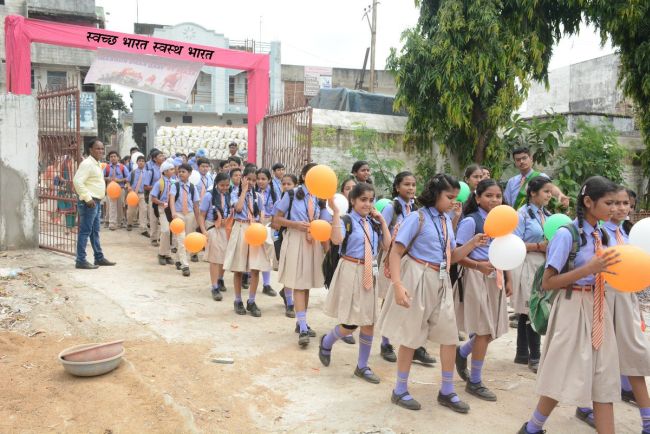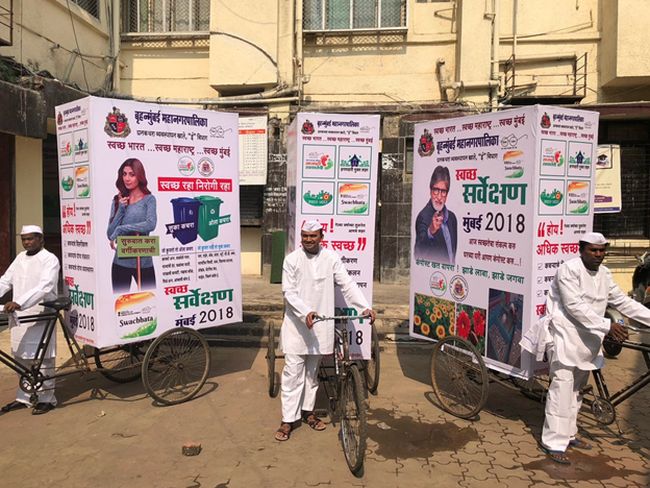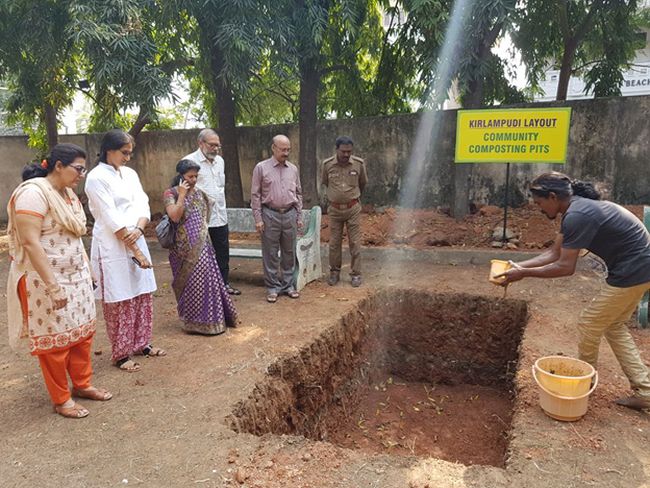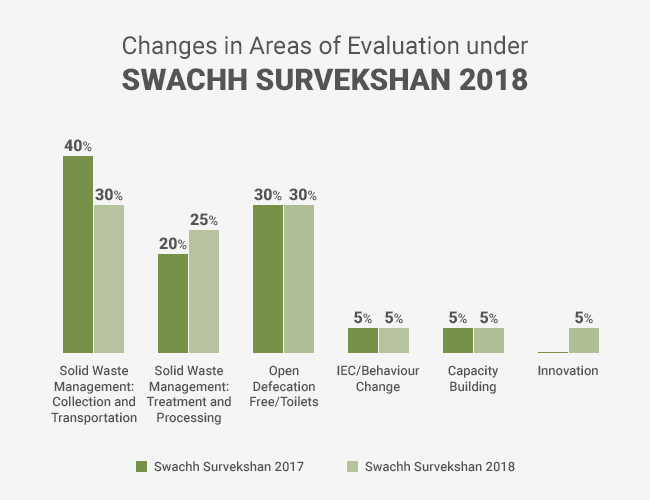Highlights
- Swachh Survekshan 2018 will impact more than 40 crore urban population
- The survey will be conducted from January to March
- All the 500 cities will be ranked on national level this year
New Delhi: The government on Thursday launched the cleanliness survey, which is being touted as the world’s largest cleanliness survey – the Swachh Survekshan, for this year as part of its undergoing Swachh Bharat Mission. The Survekshan will impact more than 40 crore urban population and will assess all the 4,041 towns in the country. 500 cities will be ranked on national level which has more than 1 lakh population, while 3,541 cities with less than 1 lakh population will have State and Regional ranking. This is the first such pan-India exercise, as in the 2017 survey, only 434 cities with over 1 lakh population and all the state capitals were ranked. While in 2016, mere 73 cities with over 10 lakh population and all the state capitals were ranked.
Housing and Urban Affairs Minister Hardeep Singh Puri adds,
With the roll out of Swachh Survekshan 2018, we look forward to a cleaner India, where each Indian citizen has played his/her part in the nation’s transformation.
Roll out of #SwachhSurvekshan2018 will pave way for a cleaner India: MoS H&UA @HardeepSPuri #MyCleanIndia #AMinute4Swachhata https://t.co/SaCeNUguus
— Ministry of Housing and Urban Affairs (@MoHUA_India) January 5, 2018
He further said,
With India’s biggest cleanliness survey – Swachh Survekshan 2018 beginning in 4041 cities today, it’s time for our schools to include Swachhata in their curriculum. Would help in bringing about behavioral change if schools & workplaces begin their day with #AMinute4Swachhata.
With India’s biggest cleanliness survey – Swachh Survekshan 2018 beginning in 4041 cities today, its time for our schools to include Swachhata in their curriculum. Would help in bringing about behavioral change if schools & workplaces begin their day with #AMinute4Swachhata pic.twitter.com/H0YiLAJsAS
— Hardeep Singh Puri (@HardeepSPuri) January 4, 2018
This time the survey will access all the cities on the progress in six broad parameters – including collection and transportation of municipal solid waste, sanitation related progress, and whether cities have started campaigns promoting Swachh Survekshan, engaging citizens in waste management, maintenance of community and public toilets. For the first time, the survey is introducing a new component – ‘Innovation and Best Practices’, all the cities will be judged on the way they incorporate the innovative and creative methods to achieve sustainable solutions in their area.
This year the Swachh Survekshan 2018 is being conducted from January to March. In India, the first day of the Survekshan – January 4, 2018, was marked with a lot of enthusiasm.
In Chhattisgarh’s Rajnandgaon, an awareness rally was carried out by young swachhagrahis in order to make people aware about what the survey is all about and why they all should participate and ensure that their city performs better.
In Mumbai, the hub of Bollywood, a special ‘Swachh Rath’ was prepared that was adorned with posters that have celebrities and messages for clean India. This was then taken across the city in a bid to guide people on how they can adopt different cleanliness practices to make Mumbai swachh and take an inspiration from their favourite stars.
While the citizens from Visakhapatnam introduced the concept of open community composting by digging huge pits in the different parts of the city with the help of the Urban Local Body. Soon, a drive guiding people on how they can start composting their biodegradable waste will go underway.
In Bhubaneswar, the municipal corporation held a capacity building workshop on waste management rules, 2016, as this year the government has increased marks under the ‘Processing and Disposal’ by 5%.
Different cities will be marked on condition of their landfills, the percentage of wet and dry waste which is being treated in the area, the percentage of biodegradable waste discarded onto the landfills, remediation of existing dumpsites undertaken, sale of city compost in last two quarters of 2017, and so on.
Speaking about the weightage, the Ministry of Urban Development (MoUD) has revised the marks for overall assessment. This year, the government will give more weightage to citizen feedback – from 30 per cent (2017) to 40 per cent now. Whereas, it has lowered the municipal documentation or data given by municipal corporation from 45 per cent to 35 per cent as compared to last two years.
Out of the total 4,000 marks, 1,400 marks will be allotted in 3 phases – Service Level Progress i.e. data collected from civic bodies and citizen’s feedback. Direct or On-Field Observation have been given 1,200 points.
Also Read: Swachh Survekshan 2018, Focus To Be On Waste Management And Implementation



































